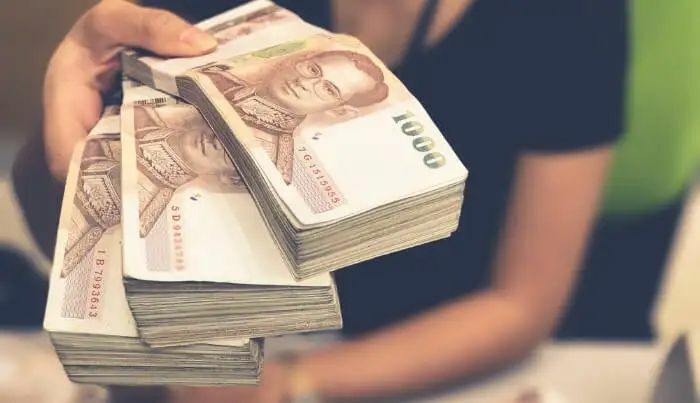Ministry reveals 200 apps that steal your cash
Thai people seem unusually susceptible to clicking suspicious links

Since an unhappy Thai man accused a charging cable of stealing the 100,000-baht contents of his bank account, people in Thailand have become hyper-aware of the problems of apps that steal your cash on their phones.
The victim insists he had not accessed any suspicious websites, taken any call centre calls or filled in any online forms but says his android phone was targeted by hackers. That opened the floodgates and soon hundreds of Thai netizens were sharing similar tales of woe.
Thai people appear to be extremely susceptible to clicking suspicious links and providing their personal information to almost anyone who calls.
But Wisanusan Sam-pok insists that he did not receive any scam calls, download any strange applications, or click any suspicious sites, but 101,560 baht (US$3,100) still disappeared on January 8.
The Ministry of Digital Economy and Society (DES) and the National Cyber Security Agency (NCSA) then publicised a list of 200 dangerous apps. According to Bangkok Post, the ministry asked Google and Apple to remove the malicious apps from their stores.
DES Minister Chaiwut Thanakamanusorn said everyone should check that their devices don’t contain any of the apps and ensure they are running the most up-to-date security software.
Chaiwut said…
“The public is being asked to look out for malicious apps. If they are downloaded, hackers can steal your data or take control of your phones.”
Chaiwut warned of phishing emails and texts that appear to be legitimate messages but are not. These fake messages often appear to come from your bank, your phone network or even companies you have dealt with in the past.
Never tap a link on an email or text unless you are 100% certain about the identity of the sender. Do not use any phone number or email address that comes from a suspicious message.
Latest Thailand News
Follow The Thaiger on Google News:


























